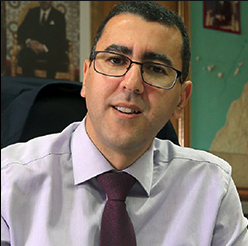Mounssif Aderkaoui is a Professor at Mohammed VI Polytechnic University, affiliated with both the Africa Business School (ABS) and the Faculty of Governance, Economics, and Social Sciences (FGSES). He is the Founder and Director of the Sustainable Business Economics Center (SBEC).
Professor Aderkaoui is an expert in economics and public policy with over two decades of experience spanning academia, government, and international development. Before joining UM6P, he served as Director of the Department of Studies at Morocco’s Ministry of Economy and Finance, where he led national macroeconomic analyses, policy evaluations, and strategic foresight initiatives.
Throughout his career, he has directed numerous research and policy projects in partnership with leading international institutions including the World Bank, IMF, OECD, French Development Agency (AFD), UNDP, UN-Habitat, and UN Women.
He has served on several high-level scientific and advisory bodies, notably as President of the Centre for Mediterranean Integration (CMI) since 2021 and Vice-President of the OECD Initiative on Global Value Chains, Production Transformation, and Development since 2019.
Professor Aderkaoui holds degrees from École Polytechnique (France), the University of Bristol (UK), and Télécom Paris (France).







